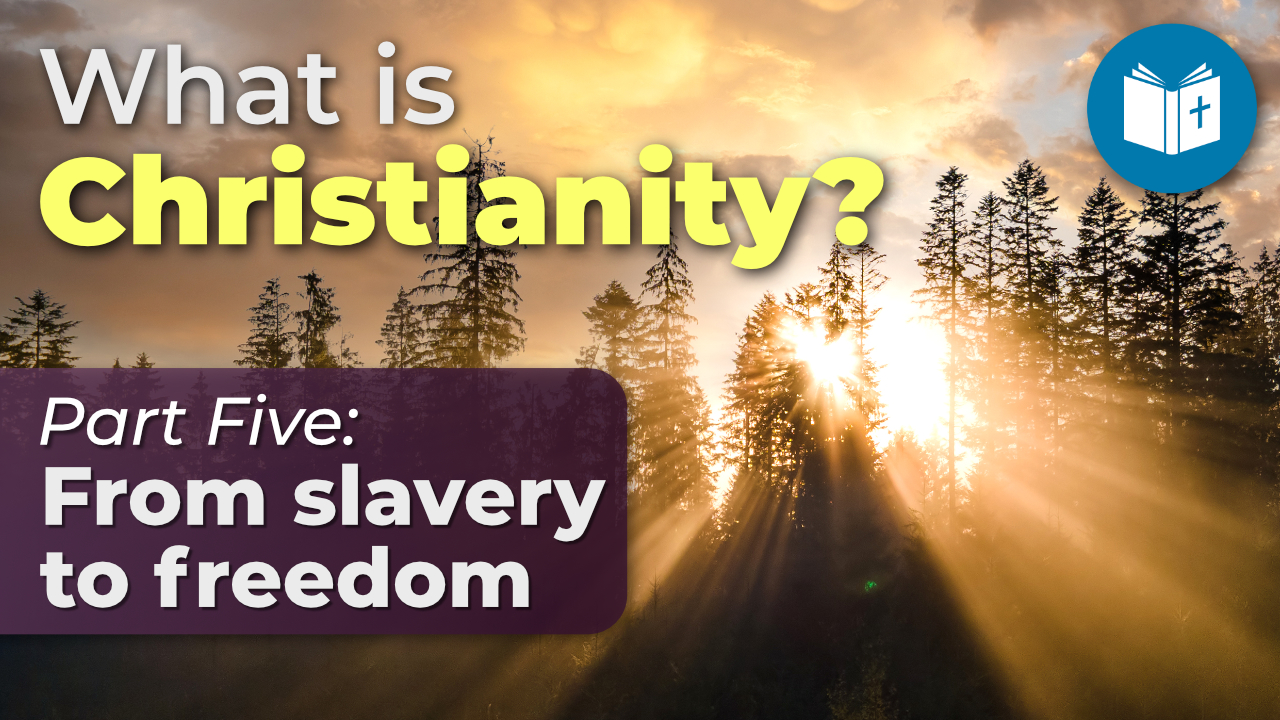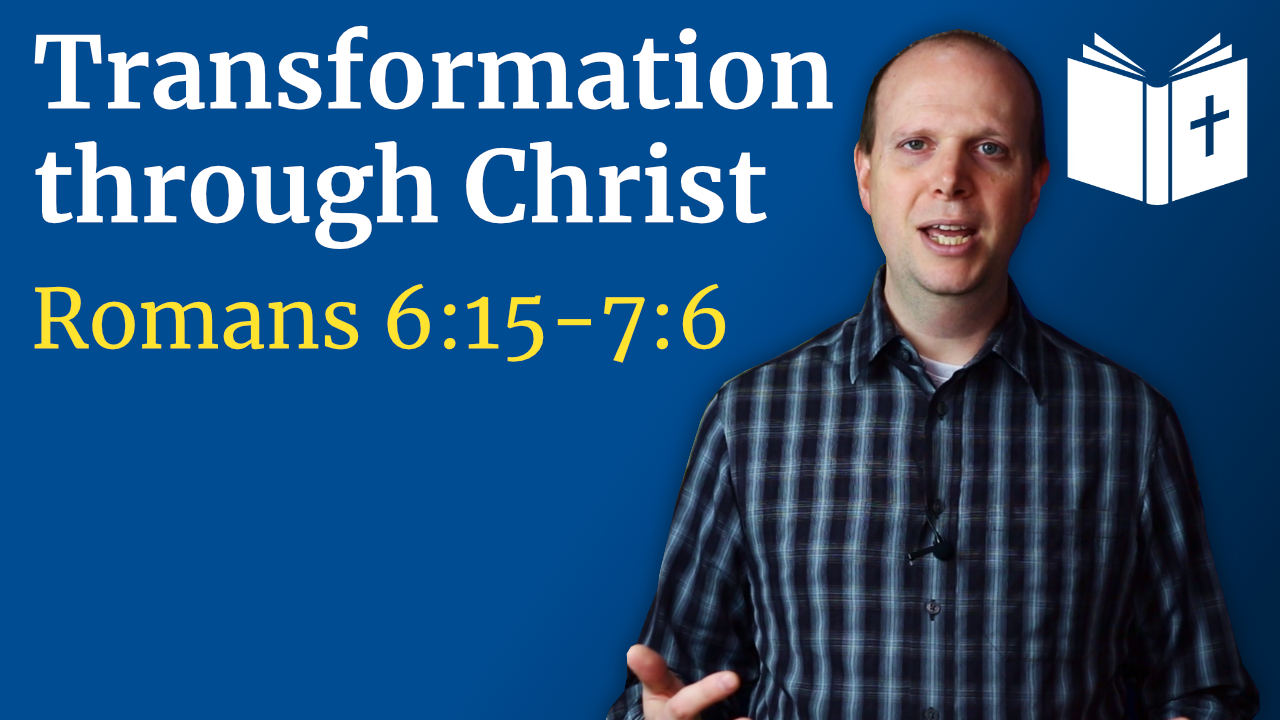In this session we look at Moses, one of the most important figures in the Old Testament. He led the people of Israel out of slavery in Egypt to freedom. However, this was not simply a historical event: this is perhaps the most significant event in the Old Testament for understanding what it means to be a Christian.
Check out the “What is Christianity?” category for all sessions of this course.










